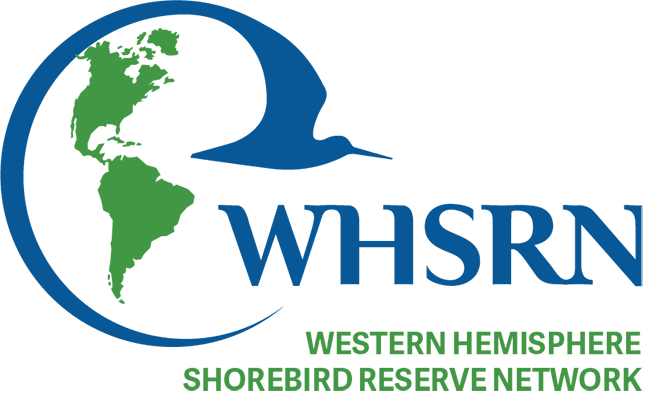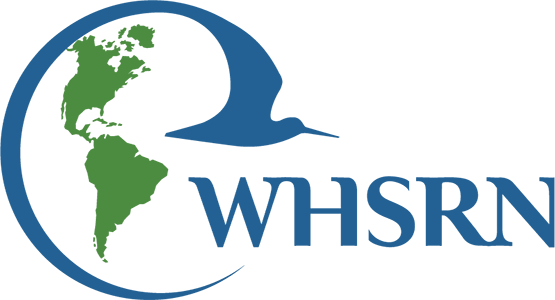Posted
Building Coalitions for Shorebird Conservation: local actions for hemispheric protection
The most significant challenge to the future of shorebird populations is the lack of connection between local and global action. Through a targeted approach to site conservation, exchanging [...]





